AInsights: Executive-level insights on the latest in generative AI…
As a keynote speaker, I engage with executives in every industry at varying levels of technological maturity and curiosity. Several years ago, I would ask audiences, “how many of you believe that AI will take jobs?”
Almost every hand would go up.
I would then ask, “how many of you believe AI will take your job?”
Almost every hand would go down.
I tried that question again recently at a conference in Italy.
This time, every hand stayed up.
So when you read a headline like this, “Generative AI will be smarter than humans by 2030,” I can only imagine the panic or anxiety that might arise. I’d also like to think that at the same time, curiosity, imagination, and ambition might also follow.
Sure, generative AI has already reportedly passed (or broke) the Turing test. GenAI has also passed some important CPA and BAR exams, among other academic tests.
Does this make genAI tools such as ChatGPT smart? Yes.
Does that make you any less valuable? No, not by any stretch of the means.
Let’s put it all in perspective though, because if anything, the path we were all on before ChatGPT became the second fastest growing tech to reach 100 million users, was one without AI. Now in a world with AI, every one of us needs to reassess where we are, where we want to go, who we want to be, and how AI can help us get there.
AI is Already as Smart as Elon Musk
Mo Gawdat, formerly chief business officer for Google X, and someone whose professional and personal work I greatly admire, recently presented at the Nordic Business Forum. I watched every minute of it.
In his talk, he shares that ChatGPT 4 is currently estimated to have an IQ equivalent to ~155. He likens this intelligence to that of Elon Musk, whose IQ is estimated between 155–180.
He then discussed the rapid evolution of generative AI and its exponential acceleration toward “10x.” For example, he outlines how the performance difference between ChatGPT 3x and 4 is roughly 10x. He then suggests a similar path to ChatGPT 5, 6, and so on.
As you’ll see in the video, Gawdat explains how theoretically, within a few years, we could arrive at genAI that would perform at IQ levels equivalent to ~1,500+.
”That’s the end of innovation done by our brains, because the smartest person in the room is the one that invents everything, makes all the decisions,” Gawdat said on stage.
But wait, don’t let panic set in just yet. Optimism and vision are essential right now.
Gawdat isn’t alone in this observation.
NVIDIA’s CEO, Jensen Huang, also predicted that AI will be smarter than humans in 5 years.
“If I gave an AI … every single test that you can possibly imagine, you make that list of tests and put it in front of the computer science industry, and I’m guessing in five years time, we’ll do well on every single one,” said Huang
At the 2024 Stanford Institute for Economic Policy Research Summit in Palo Alto, Huang also predicted that artificial general intelligence (AGI) could arrive in as little as five years. This will then usher in an era of AI that thinks like humans, beyond the current wave 2 of GenAI, taking information and generating new information.
His point?
Buckle in.
AI will also continue to evolve. We’ll see it become more effective generally and more capable vertically.
This is not only just beginning change and our need to define the role we want to play in it.
AInsights
In every face of disruption, I believe that ignorance and arrogance equal irrelevance.
AI is going to become the smartest tech in the room. No ego, bias, or uninformed mindset should deny this. The question is, what are you going to do about it?
AI is going to continue to evolve. How you learn to work with AI or don’t defines your future.
If you’re waiting for someone to tell you what to do, you’re on the wrong side of transformation and innovation.
Change starts, with you.
This is a time for resilience. This is also a time for optimism.
At the Stanford Summit, Huang also emphasized the need for resilience, to be prepared for experimentation and failure.
“Unfortunately, resilience matters in success,” he said. “I don’t know how to teach it to you except for I hope suffering happens to you.”
His point is that building resilience is essential in defining success, especially in time when the future of AI creates more questions than answers.
OpenAI’s Sam Altman also believes that determination is the most important trait for entrepreneurs. He doesn’t emphasize talent or IQ, but instead doubles-down on grit and persistence in the face of the unknown.
Sam Altman uses ChatGPT for brainstorming.
Here's how you can, too: pic.twitter.com/LVeEb8ZCn1
— Anna Poplevina (@AnnaPoplevina) March 26, 2024
The truth is that we don’t know what we don’t know. Burning anxiety against the unknown is wasted energy. Instead, move toward the unknown to become part of the solution. Each question and each step brings clarity and movement. And with enough movement, comes momentum.
There are two ways forward. Open your mindset to see a parallel relationship between iteration and innovation. In terms of AI, it helps to break it down like this…
Automation: Use AI to make your work more efficient. Use AI to make your work more effective.
Augmentation: Use AI to experiment with the work you couldn’t or didn’t think to imagine before.
Together you create a recipe for iteration and eventually innovation.
If I could share some advice, it would be to question old ways.
Business as usual has a prescribed fate.
Just because that’s the way work has always been done doesn’t mean much in a world where the best ways, powered by AI, have yet to be defined. Remember, everyone gains access to AI now and over time. Not everything deserves automation. Some things necessitate complete reinvention to compete. That’s what makes these times so incredible.
This is why resilience is essential. But in addition to resilience, optimism is also a key ally toward success.
These are indeed incredible times. How you see them directly influences your perspective, what you see and in turn, what you do differently.
Altman recently described this moment as one of incredible opportunity.
“This is the most interesting year in human history, except for all future years,” he said.
this is the most interesting year in human history, except for all future years
— Sam Altman (@sama) March 17, 2024
With a new mindset, and with each next step, you’ll uncover ways to do new things that ultimately make the old things obsolete.
My friend Dharmesh Shah, co-founder of HubSpot, recently said, “you’re going to compete with AI.”
What was so fascinating to me was his underlying point.
He wasn’t making a statement. It was a provocation.
How do you hear it?
You compete with AI.
Do you hear that AI competes against you?
Or, do you hear that you compete more effectively *with* AI.
In this new world, “competing with” AI is how you’ll shape your future and the future of your work and business.
AI = Augmented Intelligence.
Let’s create a new and better future “with” AI!
When in doubt, remember this…
Please subscribe to AInsights.
Please subscribe to my master newsletter, a Quantum of Solis.

Brian Solis | Author, Keynote Speaker, Futurist
Brian Solis is world-renowned digital analyst, anthropologist and futurist. He is also a sought-after keynote speaker and an 8x best-selling author. In his new book, Lifescale: How to live a more creative, productive and happy life, Brian tackles the struggles of living in a world rife with constant digital distractions. His previous books, X: The Experience When Business Meets Design and What’s the Future of Business explore the future of customer and user experience design and modernizing customer engagement in the four moments of truth.
Invite him to speak at your next event or bring him in to your organization to inspire colleagues, executives and boards of directors.
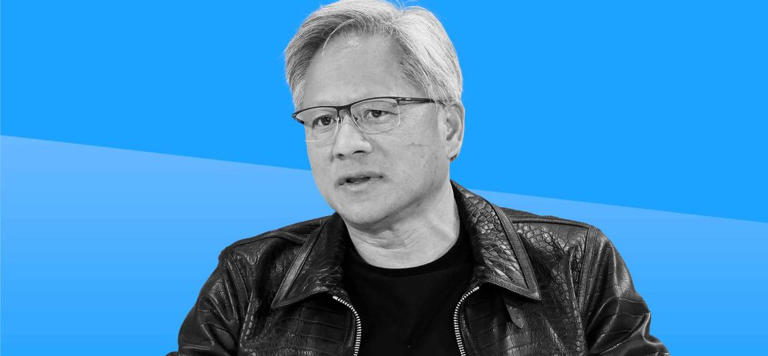

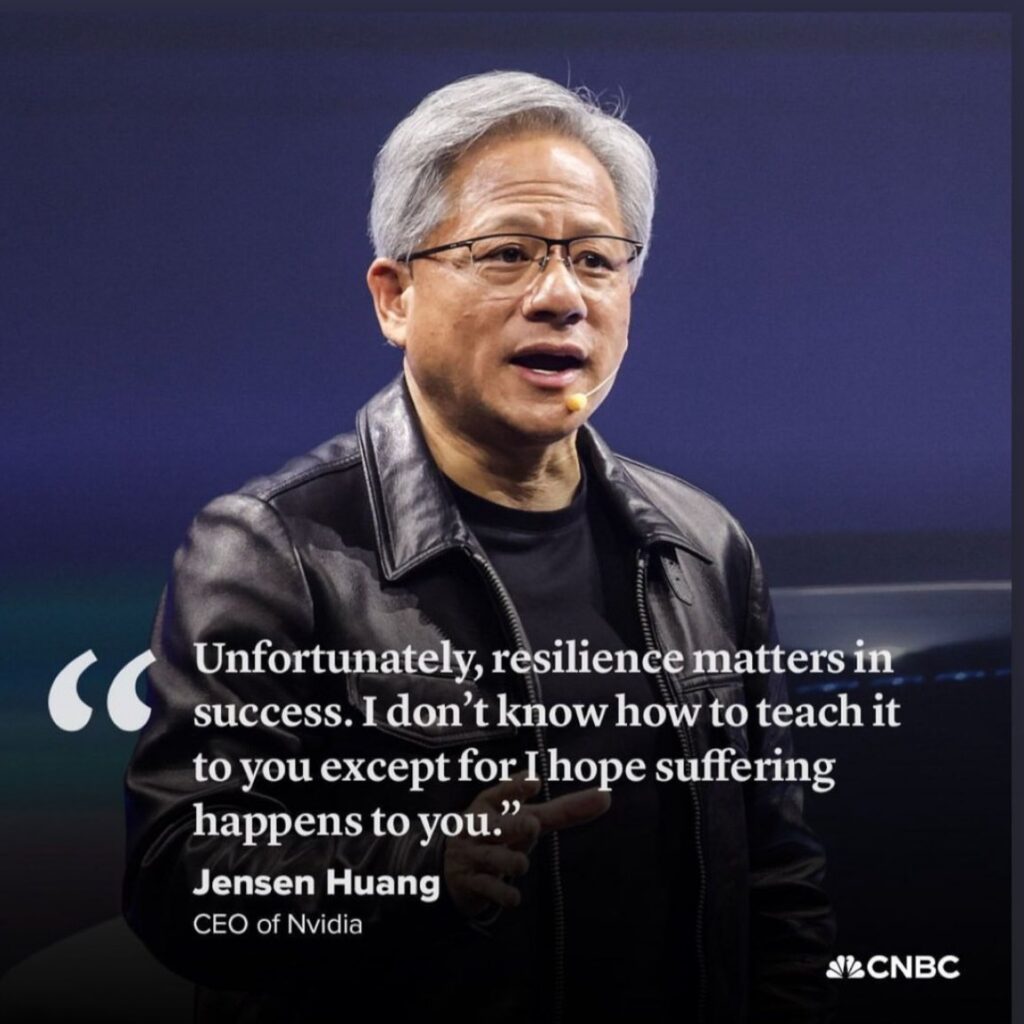
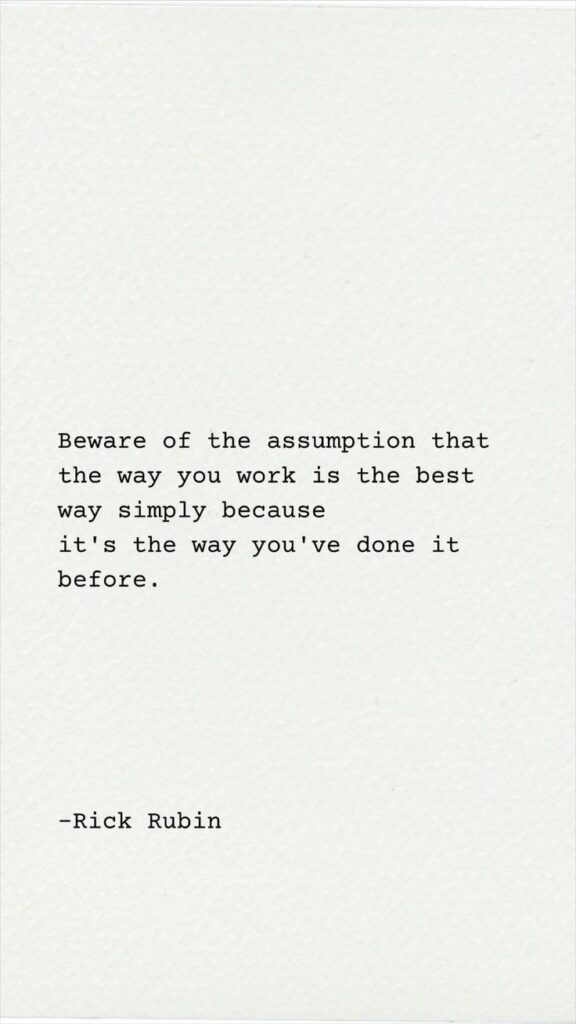
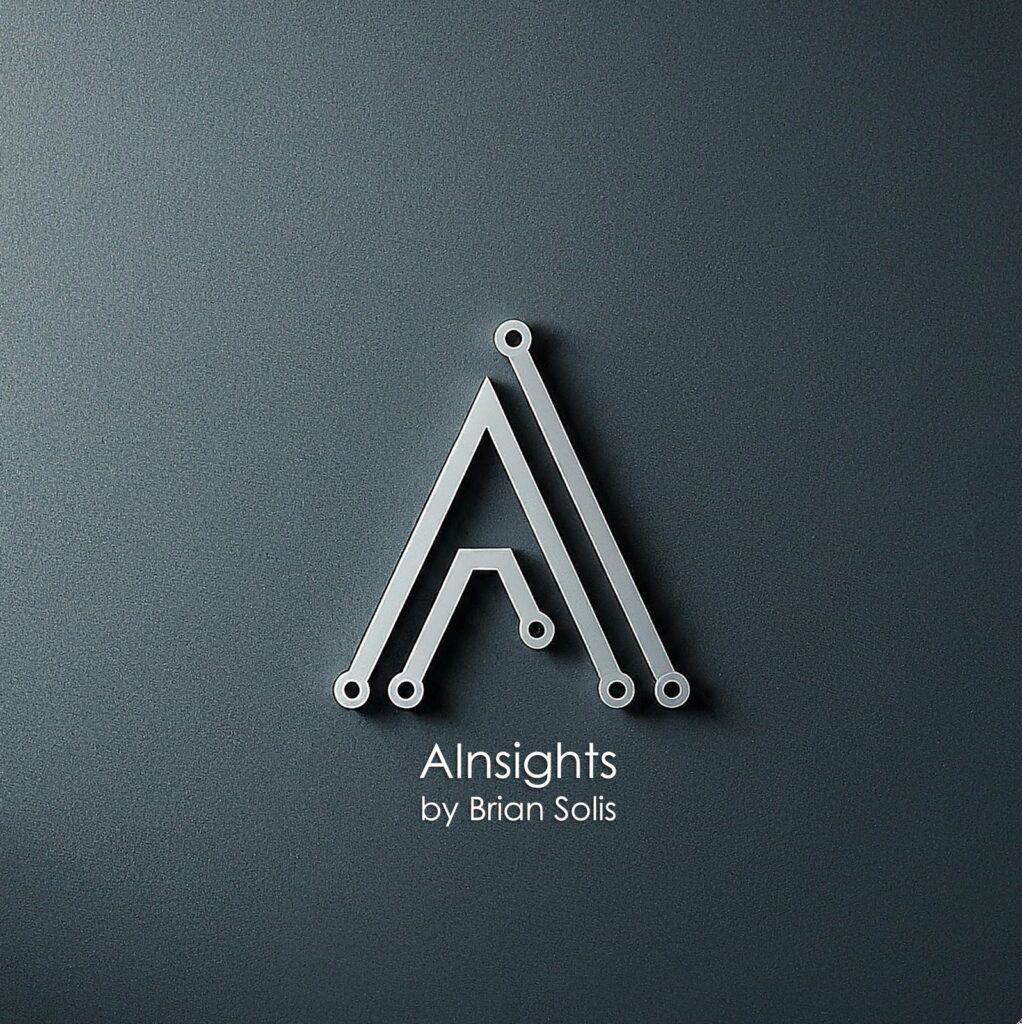
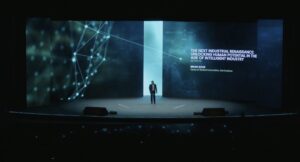
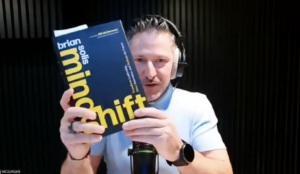
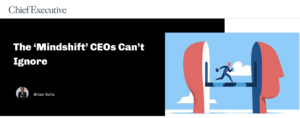


Leave a Reply